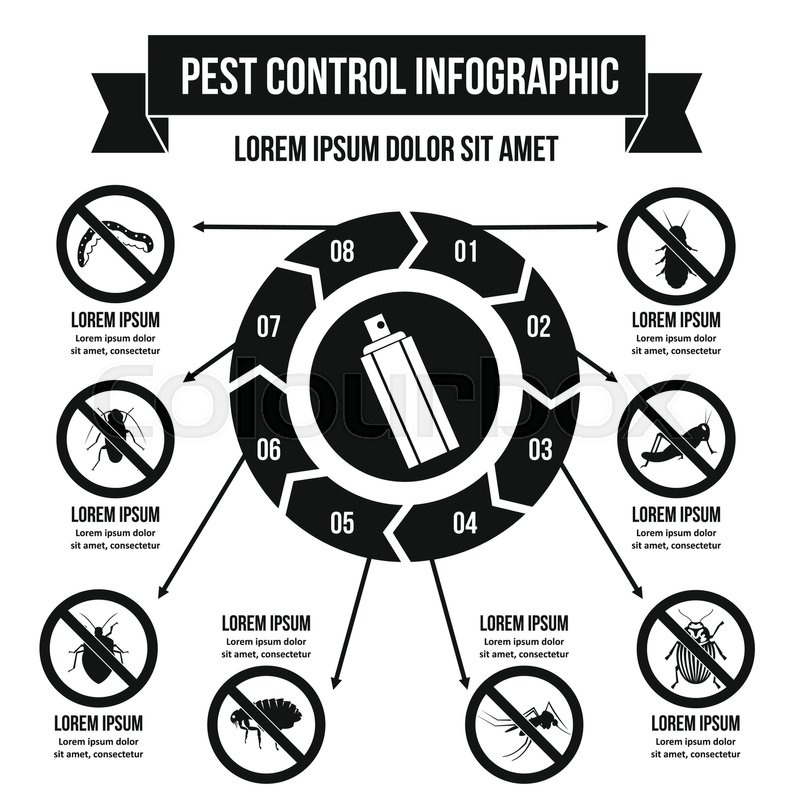Parasite Professionals Suggest Using Environmentally Friendly Techniques For Managing Rats
Parasite Professionals Suggest Using Environmentally Friendly Techniques For Managing Rats
Blog Article
Composed By-Knudsen Nichols
Did you recognize that rodents are in charge of billions of dollars in residential or commercial property damages and wellness threats yearly? If you're managing a rodent problem, it's important to find reliable and environment-friendly techniques to control them.
Pest specialists suggest various approaches, such as utilizing natural repellents, gentle traps, and the integrated bug administration (IPM) method. These techniques not only focus on the safety of your family and the environment but additionally guarantee lasting control.
However just what are these approaches, and exactly how can they aid you take on rodent issues? Let's check out better.
Natural Repellents
To effectively drive away rodents in an environment-friendly way, consider utilizing all-natural repellents. These repellents are made from plant-based ingredients that are secure for the atmosphere and don't hurt the rodents.
One popular natural repellent is peppermint oil. Rats discover the solid scent of pepper mint frustrating and will prevent locations where it exists. Simply soak cotton spheres in peppermint oil and place them in areas where rodents are likely to enter, such as near fractures or openings.
An additional effective all-natural repellent is garlic. Rats do not like the smell of garlic and will stay clear of locations that have been treated with garlic spray. To make your very own garlic spray, mix diced garlic with water and spray it around your home.
Using natural repellents not only helps keep rats away but likewise makes certain the safety and security of your environment.
Humane Traps
Humane traps offer a caring and efficient way to capture and launch rodents without causing them damage. These catches are developed to catch the rats alive, enabling you to safely launch them back right into their all-natural environment. They're an outstanding alternative to traditional catches that can cause injury or fatality to the rats.
https://howtoremoveraturinesmellf05059.wssblogs.com/25860526/say-goodbye-to-vermin-just-how-pest-exterminator-providers-can-aid by drawing the rodents into the catch with bait, such as food or nesting product. As soon as inside, the trap safely closes, preventing the rats from leaving. It is very important to examine the catches frequently to ensure the rodents aren't left trapped for extended periods.
Integrated Insect Monitoring (IPM) Strategy
If you're looking for a green method to rodent control that exceeds gentle catches, think about applying the Integrated Bug Administration (IPM) strategy.
great site is a detailed technique that focuses on long-lasting avoidance and control of insects, while minimizing making use of chemicals.
Below are 3 crucial components of the IPM technique:
1. Examination: A detailed assessment of your building helps determine the source of rodent problem, such as entrance factors or food sources. look at here now allows targeted interventions and lowers reliance on pesticides.
2. Avoidance: Applying preventive measures like securing fractures, saving food effectively, and preserving cleanliness can assist hinder rodents from entering your home or structure.
3. Monitoring: Normal tracking of rodent task permits early discovery and treatment. This can include setting up traps, making use of non-toxic baits, or using digital tracking systems.
Conclusion
Finally, when it pertains to rodent control, it's recommended to make use of green methods such as natural repellents, humane traps, and the Integrated Insect Administration (IPM) method.
By including these approaches, we can efficiently manage rodent populaces while lessening harm to the environment.
Keep in mind, going green in insect control isn't only advantageous for our earth yet additionally for our very own health.
So, let's embrace these sustainable practices and bid farewell to our hairy opponents!
